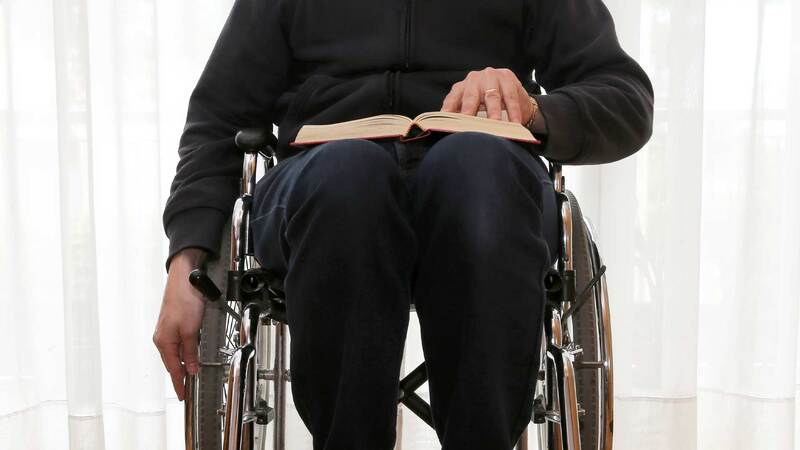You are viewing your 1 free article this month. Login to read more articles.
Trade bodies welcome European Parliament’s vote for draft copyright directive
The Publishers Association, the Booksellers Association and the Society of Authors have all welcomed the European Parliament's vote in favour of the new draft copyright directive, but concerns have been expressed that the UK could leave the EU before the directive becomes law.
Earlier today (Wednesday 12th September) MEPs passed the draft law, which was put together to modernise copyright for the digital age and will force platforms such as YouTube and Facebook to take greater responsibility for the creative content they host. The new law would offer greater protection against infringement of intellectual copyright.
The vote was passed with 438 votes in favour and 226 against after the copyright directives' two most controversial provisions, articles 11 and 13, were amended. Article 11 would force news and search sites such as Google and Facebook to pay publishers for linking to news stories and other sites and Article 13 would make platforms such as YouTube seek licences for content such as music videos.
A previous version of the directive was rejected in July.
Nicola Solomon, chief executive of the Society of Authors, said: “We believe that this is a once in a generation opportunity to make our copyright law fairer for authors and other workers in the creative sector… As well as forcing platforms such as YouTube and Facebook to take greater responsibility for the creative content they host, it contains much-needed provisions which would strengthen the rights of authors.”
The directive would force publishers to be more transparent when reporting information to authors related to accounting and the exploitation of their works, and contains a contract adjustment mechanism (meaning authors could claim additional remuneration when sales are better than expected), she said.
Solomon acknowledged concerns over Article 11 and Article 13 but said: “Some of those [concerns] are we believe entirely misconceived but others are valid and we hope that they can be ironed out in the trilogue [discussion] process. We are now hopeful that the directive will pass into EU law before the UK leaves the European Union. We will continue to lobby and to work cooperatively with those who have genuine concerns to try to ensure that this important legislation works to protect and facilitate the endeavours of both creators and users.”
Stephen Lotinga, chief executive at the Publishers Association, said: “The progress made today is a good thing for publishing and the wider creative industries, but there are still a number of further steps to go down before this becomes law. We’ve seen through the powerful lobbying efforts of some very large tech firms just how little regard they hold for intellectual property, and ensuring that creators and rightsholders are rewarded fairly for their endeavour. We should be pleased with today, but cautious about where they take the fight to next as it’s certainly not over.”
Giles Clifton, head of corporate affairs at The Booksellers Association, said the BA welcomes the news. “Along with our colleagues in the European and International Booksellers Federation, we have supported the sensible, proportionate, updating of copyright laws to reflect the digital age. This is a vote for common sense, and goes some way, we hope, to protect the interests of rights holders. This will benefit consumers, producers and the book trade.”
But the Creative Industries Federation expressed concern that Brexit means the UK would leave the EU before the directive passes into legislation. Alan Bishop, chief executive of the Creative Industries Federation, said: “As discussions continue towards a final outcome, we will be working closely with our creative and tech members to encourage a constructive dialogue. The digital age creates both significant opportunities and huge challenges for the creative industries and it is essential that we tackle this rapidly changing landscape together. We believe strongly that creatives be properly remunerated for their work, and will continue to advocate for this.”
MEPs can now start negotiations with the European Council, which represents the 28 member states.


















